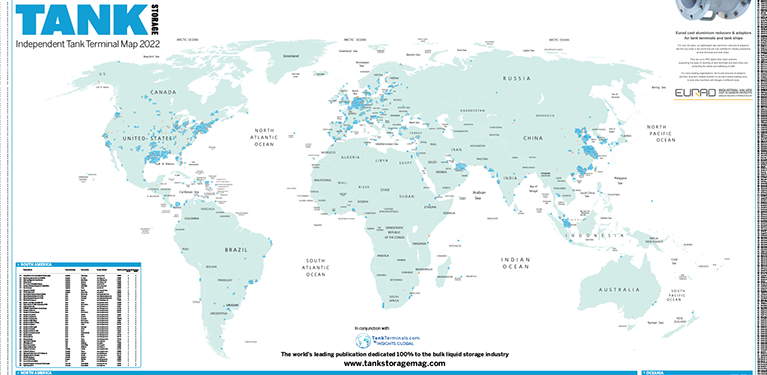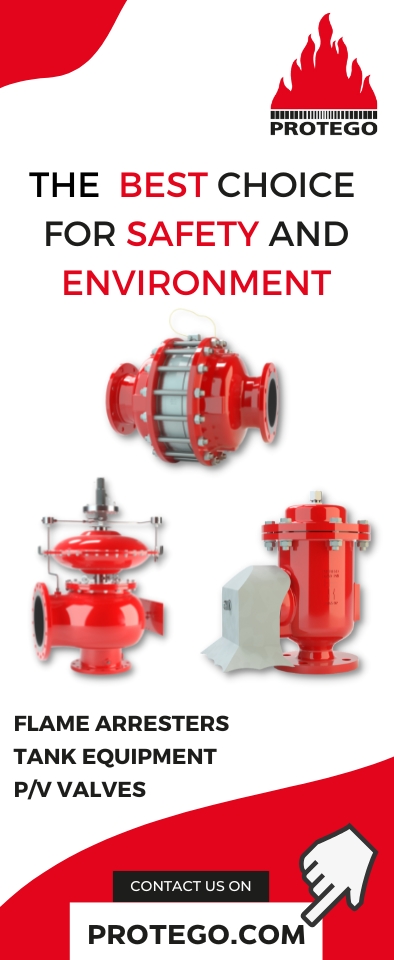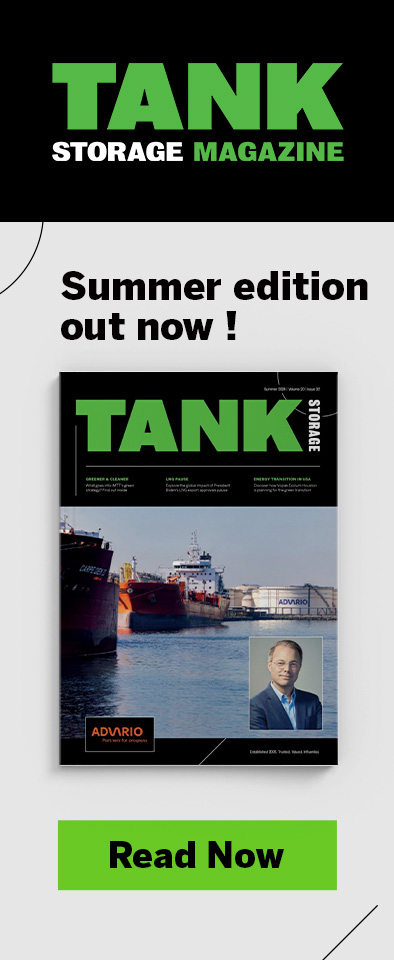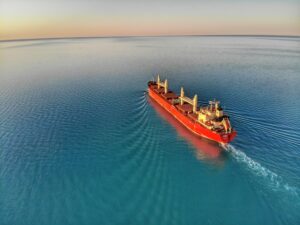
What’s new in regulations and safety? Cyann Fielding reviews Hazards 33 in the UK
Hazards33 took place at the NCC in Birmingham, UK, on 7-9 November. With industry professionals from across the globe, the conference was jammed-packed with expertise, tips and insights into introducing better safety provisions into the industry.
With attendees and speakers from Shell, Petronas and Petrofac, the event allowed process safety and loss prevention professionals to connect with one another, and build networks to renew a focus on good process safety practice post-pandemic.
Lessons learned
Sharing knowledge and giving practical insights is vital when ensuring good safety practices are implemented in facilities. With many talks referencing major incidents, such as Buncefield and the Fukushima disaster, Hazards33 emphasised the necessity to keep talking about the past and learning from it.
When an incident occurs, it is very easy to say it should not have happened. Yet, it is also important to pinpoint what could have been done differently to prevent the incident from occurring in the first place.
So, how does the industry do this?
The team at Cogent Skills emphasised the significance of proper training and knowledge-sharing within the workforce. By talking and sharing, in combination with training, operators can become better equipped to deal with incidents or prevent them in the future.
Leadership development
Part of establishing a great team is about having great leadership. If leadership has a relaxed approach to safety and hazard management, then the whole team suffers the same attitude. Setting a good example requires leadership to be proactive when it comes to safety. This means undertaking and encouraging training, even potentially making it compulsory.
With many training groups in the industry, there is no excuse to have an untrained workforce. When dealing with specific hazardous substances, such as hydrogen, there shouldn’t be the assumption that each member of the team understands the hazards or how to handle the substance.
Improved legislation
With the emergence and growth of blue and green hydrogen, there is a need for tighter and more specific regulations and legislation where appropriate to allow facilities and operators to handle hydrogen with a greater understanding and vigilance.
Sean Baker and Nikhil Hardy from ERM, identified that whilst the UK does have some legislation in place, there isn’t enough. These need to be renewed, made more specific, or even new regulations created.
Without regulations that are able to give specific advice and direction to facilities, the growth of hydrogen will be slowed. Whilst some permits and regulations, such as the Environmental Permit, already apply to the hydrogen market, there is a lack of structure and rigid regulations for businesses to stand by and follow.
The role of AI and future technologies
AI and future technologies are dominant topics. With technology rapidly developing, the industry is looking at ways to introduce such technology into operations and processes to potentially better them.
In a talk from Salus, AI was introduced as both an opportunity and a potential problem. In their research, the team at Salus found that vague information given to a chatbot leads to an inaccurate answer. Hence, there is still the need for detailed input to ensure the output is both accurate and informative. But is this just too time-consuming compared to manual input?
The talk also addressed the idea that AI could help prompt operators to ask more questions. Acting as a second set of eyes, AI could provoke staff to ask questions they may not have thought of before, and as a result, undertake more thorough inspections and scrutiny of assets and operations.
Amir Gerges, VP of group safety at Shell US, shared an enlightening video that presented Shell’s work to develop a future that embraces technology. Shell has developed many products, such as a VR headset, that can help facility workers mitigate incidents and identify at-risk assets.
To the future
iChemE made a vital announcement at Hazards33. For the first time ever, there will be an International Process Safety Week, where attendees can access the different countries speaking and hosting conference sessions via an online platform.
2024 will be the first year, and International Process Safety Week will follow every year after, in the first week of December. The event will be free of charge to all with the aim of getting companies to address their own safety problems and better safety provisions globally.
Watch this space for more event news from the tank storage and energy infrastructure sector.


